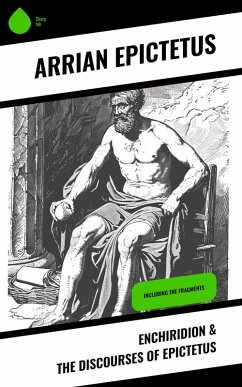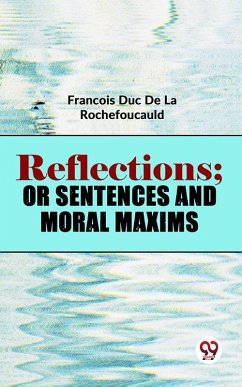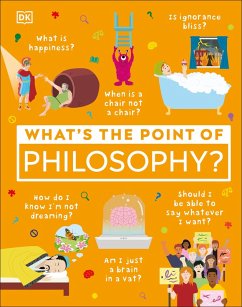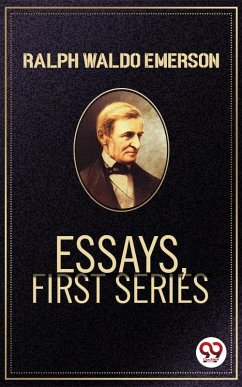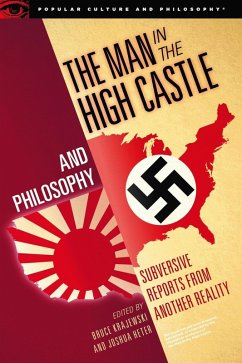
The Social Contract & Discourses (eBook, ePUB)
Versandkostenfrei!
Sofort per Download lieferbar
0,99 €
inkl. MwSt.
Weitere Ausgaben:

PAYBACK Punkte
0 °P sammeln!
"The Social Contract" and "Discourses" are two influential works by the philosopher Jean-Jacques Rousseau. These writings explore political philosophy, the nature of society, and the relationship between individuals and the state. In "The Social Contract," Rousseau discusses the concept of a social contract as the foundation of a just and legitimate government. He argues that individuals willingly enter into a social contract with one another, surrendering some of their freedoms to a collective authority in exchange for protection and the common good. Rousseau emphasizes the importance of the ...
"The Social Contract" and "Discourses" are two influential works by the philosopher Jean-Jacques Rousseau. These writings explore political philosophy, the nature of society, and the relationship between individuals and the state. In "The Social Contract," Rousseau discusses the concept of a social contract as the foundation of a just and legitimate government. He argues that individuals willingly enter into a social contract with one another, surrendering some of their freedoms to a collective authority in exchange for protection and the common good. Rousseau emphasizes the importance of the general will, which represents the collective interests of the people and serves as the basis for a legitimate government. In the "Discourses," Rousseau examines various aspects of society and human nature. He critiques the existing social order, arguing that civilization and societal institutions have corrupted natural human goodness. Rousseau highlights the importance of individual freedom and the need for a more egalitarian and participatory society. Rousseau's writings had a significant impact on political thought and were influential during the French Revolution and beyond. His ideas on democracy, individual freedom, and the social contract continue to shape political discourse and inspire debates on the nature of government and society.
Dieser Download kann aus rechtlichen Gründen nur mit Rechnungsadresse in A, D ausgeliefert werden.





